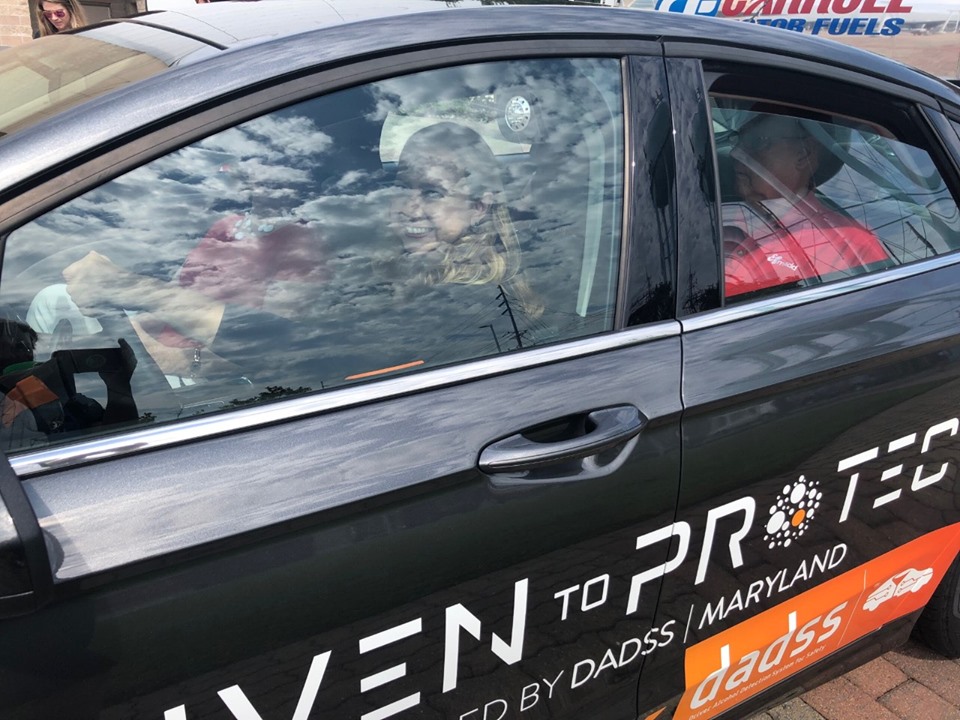Maryland is testing technology that’s designed to keep drunk drivers off the road.
This month at the Maryland Association of Counties Summer Conference in Ocean City, Gov. Larry Hogan and Maryland Department of Transportation (MDOT) officials launched a public-private partnership called Driven to Protect. This will involve piloting the Driver Alcohol Detection System for Safety (DADSS) in eight vehicles owned by the state’s Motor Vehicles Administration (MVA).
“Approximately one-third of the fatalities on Maryland roadways each year are a result of someone driving while they are impaired,” MDOT MVA Administrator Chrissy Nizer said in a statement. “This pilot program will provide critical insight for manufacturers to integrate this technology as an option on future vehicles to keep us all safer.”
Administrator Nizer and Governor Hogan demonstrated the Driver Alcohol System for Safety at #MACOcon. #MDOTInnovates
Learn more in our newsroom: https://t.co/u7BEjEYtbG https://t.co/q9n92GE2MW
— MD_MVA (@MD_MVA) August 16, 2019
Here’s how the system works, per the MVA: Small sensors built inside vehicle panels measure the level of alcohol on a driver’s breath. If the driver’s breath alcohol concentration is above the legal limit (.08%), they will be unable to move the vehicle. The state says the sensor system is also programmable, so it could be adjusted for lower levels of alcohol, such as zero for teen drivers.
It’s part of an effort to test the technology around the road. It’ll provide a chance to see how the systems hold up to wear and tear, and other real-world scenarios. According to DADSS, data and feedback will help improve the technology as it moves toward commercialization, expected for 2025.
Among the eight vehicles, a demonstration vehicle will also have the technology equipped.
Maryland is the second state to join a pilot program for the technology, following Virginia.
This is the second time over the last few months we’ve seen the state partake in pilot testing for new automotive technology. In June, the MVA announced a two-year plan to take part in a pilot for digital license plates.
Before you go...
Please consider supporting Technical.ly to keep our independent journalism strong. Unlike most business-focused media outlets, we don’t have a paywall. Instead, we count on your personal and organizational support.
Join our growing Slack community
Join 5,000 tech professionals and entrepreneurs in our community Slack today!




